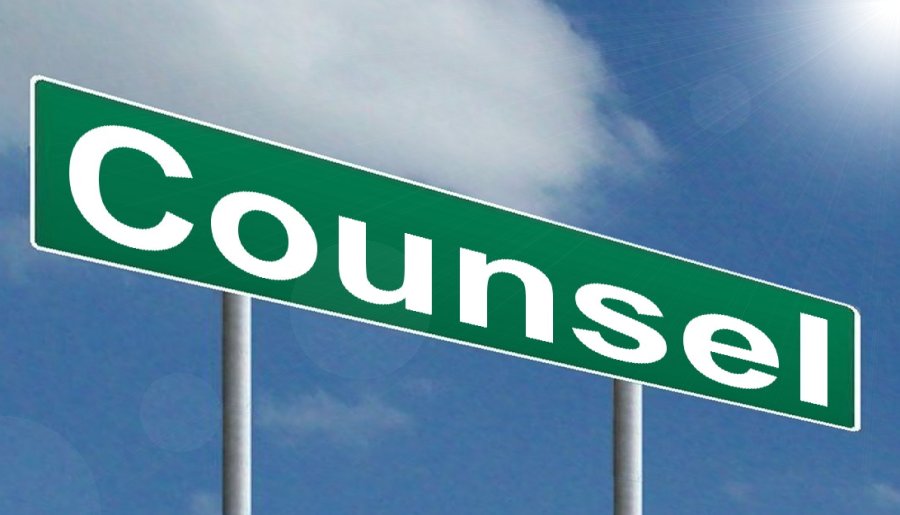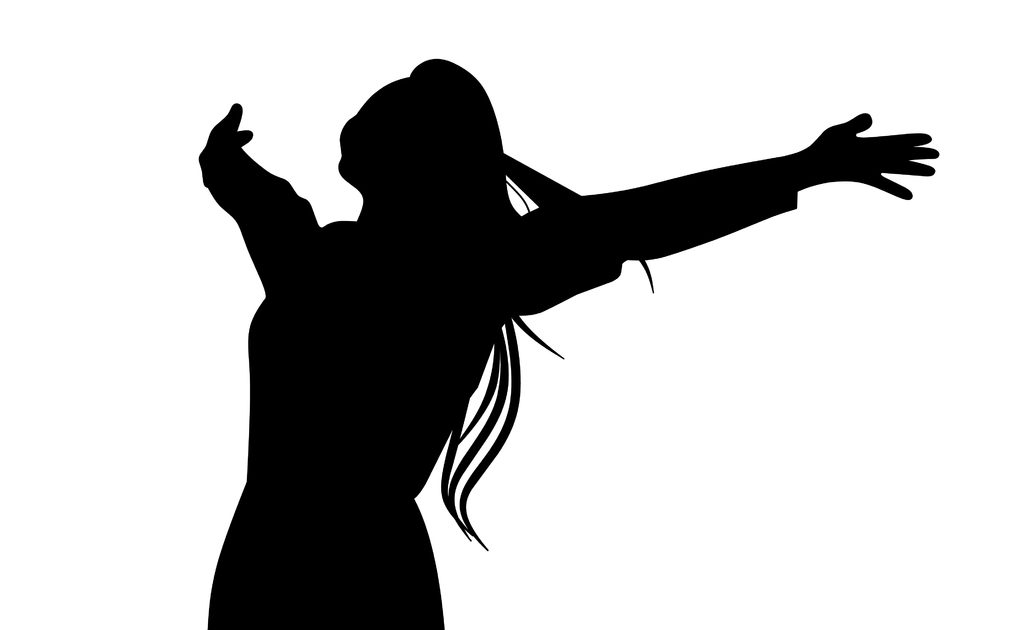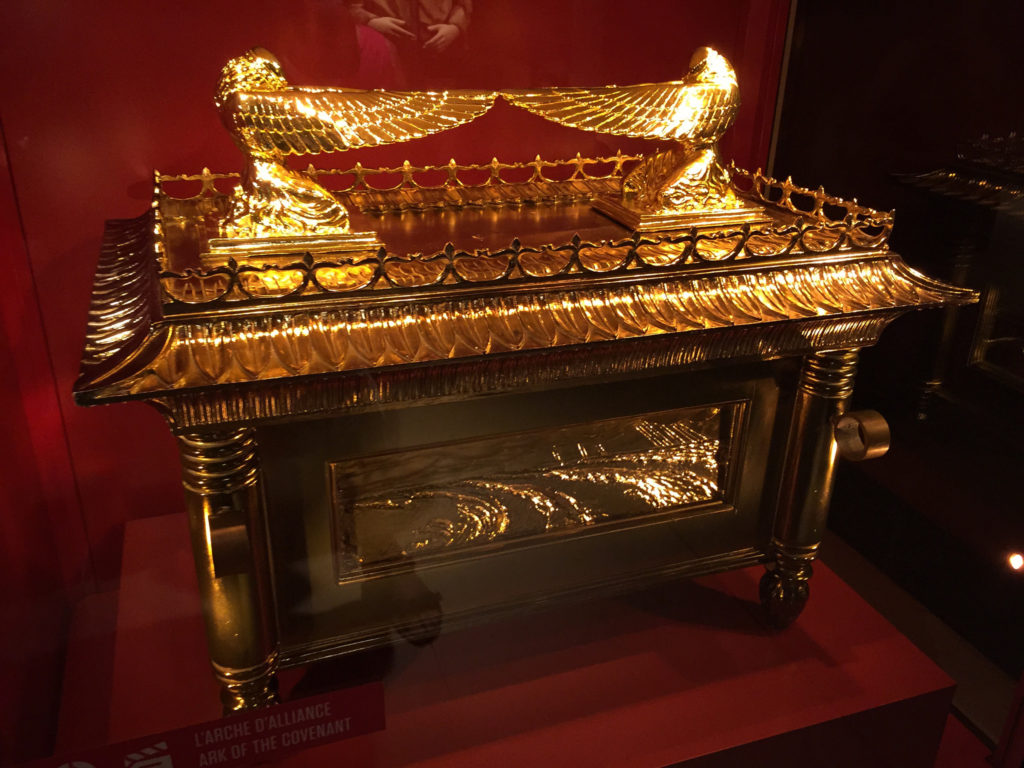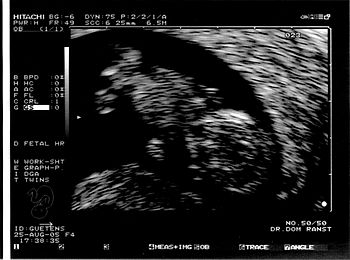Are We Happier?
Looking back at the 1990s In the 1997 movie, Contact, the preacher Palmer Joss poses this question in a faux interview with Larry King, “Are we happier?” He asks if all the scientific and technological progress has made the world a better place. Keep in mind that the movie came out in the 1990s in […]







